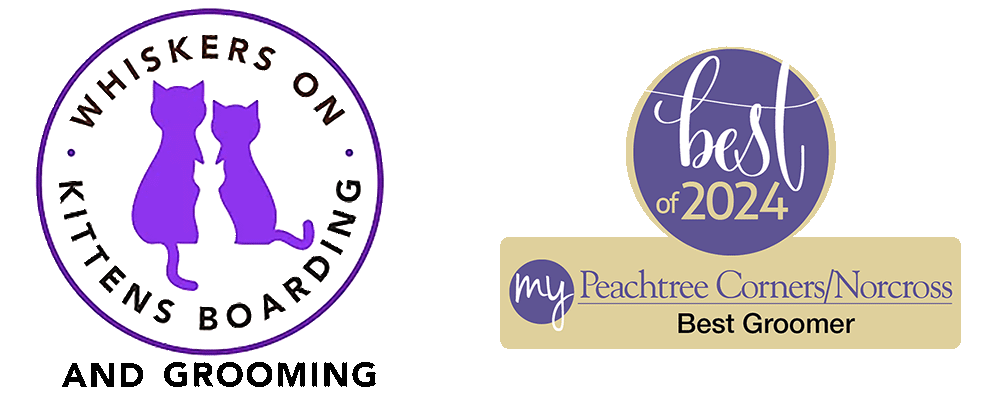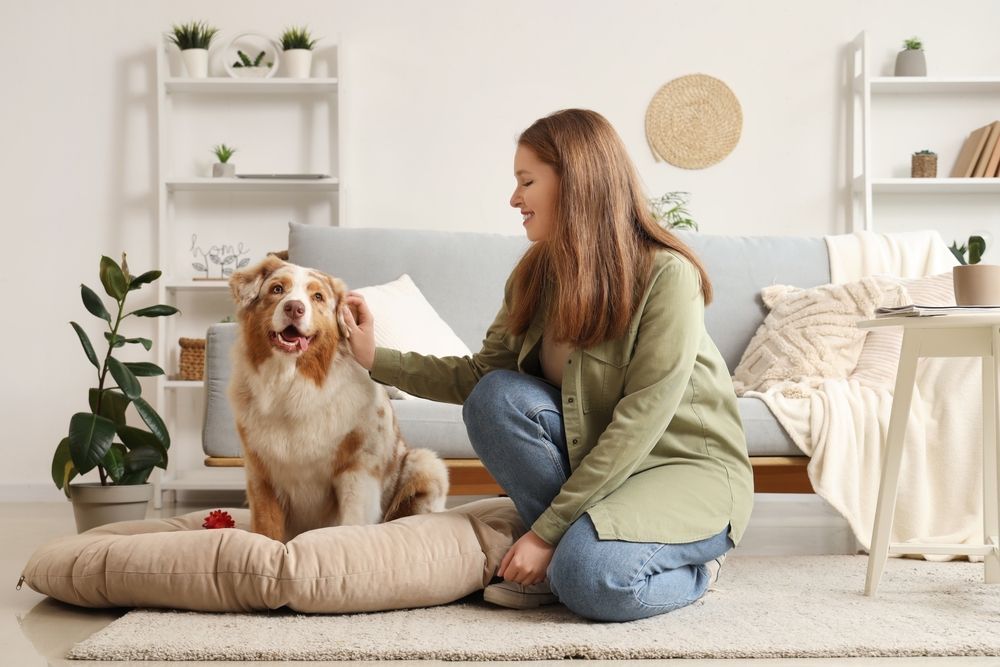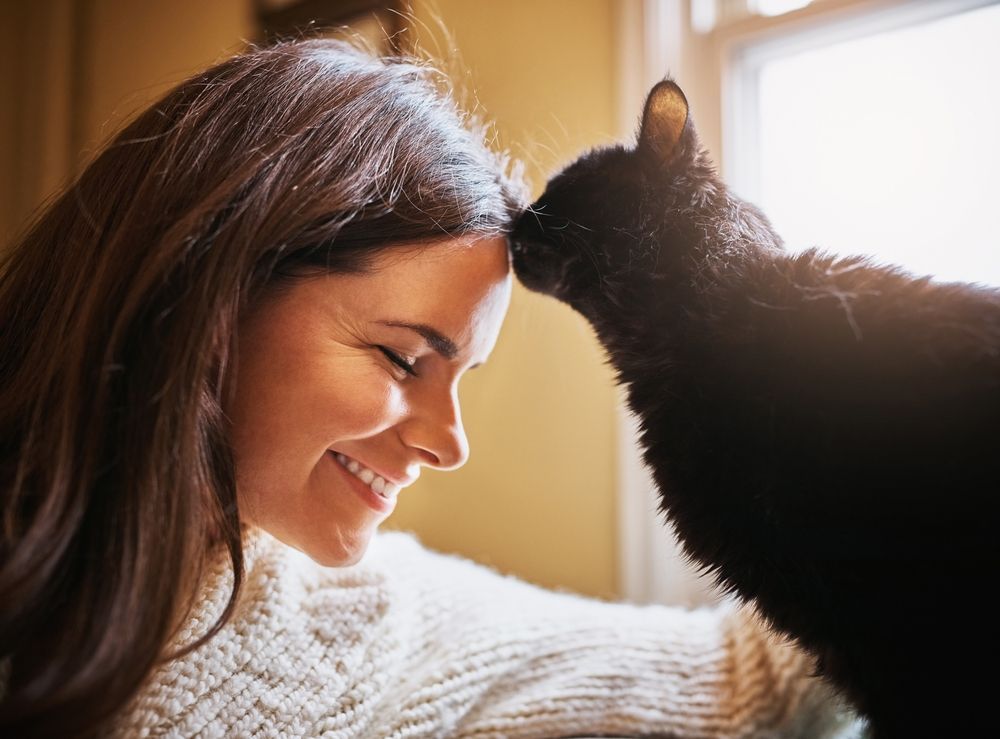Policies
Payment of Services:
Full payment for boarding and services is required on the cat's arrival day. We charge for every day your cat is boarding with us, no matter the time you drop off or pick up.
Extended stay: We will require two week's payment upfront, and then will bill your credit card weekly until the day of departure. If your cat runs low on food, we will first notify you, so you can bring in additional food, or we can purchase it for you and then charge your credit card. We will give you that option. We will give you the same option for flea medication if your cat is with us longer than one month. We charge a $20 service fee for buying food or administering flea medication
Animal Rescue Notice
We do not accept cats that you can no longer take care of or are unable to take care of. We recommend contacting Furkids Animal Rescue if you find yourself in this situation. Thank you for understanding.
ADMISSION: We reserve the right to prohibit admittance of pets lacking proof of vaccinations, displaying signs of untreated or potentially contagious conditions, pets who have been diagnosed with FIP/FIV/FLV, who are not spayed or neutered, who have fleas, and/or are showing aggressive behavior.
ESSENTIAL VACCINES: Cats 4 months (15 weeks) and older need an up to date rabies vaccination.
HOURS OF OPERATION: We provide coverage of care for pet guests and are open to the public Monday - Sunday 8am-5pm and by appointment outside of business hours.
DEPOSITS, CANCELLATIONS, & RATES: We require reservations for all cats boarding with us, with payment due on the date of arrival. During holidays and peak seasons, we may require payment in full or a $50 deposit due when booking your reservation, refundable if a cancellation is made 10 days prior to arrival. All rates and services are subject to availability and change.
WAIVER OF LIABILITY & MEDICAL NEED: In the rare case of an emergency or health concern, we will contact you. We shall administer aid and non-prescription treatments, as needed.
If veterinarian attention is deemed necessary, we shall take your pet to your veterinarian of record; or, to a 24-hour, veterinary emergency hospital if your vet is not available. With admittance, you accept responsibility for any expenses resulting from such outside treatment, as needed in the event of accidental injury, illness, or symptoms, arising during or after your pet's stay with us. Please understand that despite WOKB's commitment to the highest standard of pet care and supervision and to facility design and cleanliness, accidental injury and illness may occur. Pet owners are solely responsible and liable for any and all actions of their pet during the stay at WOKB, including, and not limited to, injury to itself or to another pet, a WOKB staff member, or a member of the public.
MEDIA RELEASE: Images or videos of your pets and you might be taken for social media or marketing material. Your signature grants unrestricted use and publishing of any such images.
FLEAS: We take every precaution to avoid fleas in our facility, however there may be a case when fleas do come in. We require your cat to be on a flea medication. If we notice fleas on your cat we will notify you and administer flea medication at $15 per cat.
Important Information
Feline Upper Respiratory Infection
Whiskers on Kittens takes great pride in trying to provide you with the cleanest and healthiest boarding facility in Johns Creek. However, no boarding kennel is 100% safe from Feline Upper Respiratory Infection, including us. You do take a risk every time you board your cat and there are no guarantees against F.U.R.I. We exercise great care to keep our facility clean, sanitary and properly enclosed. We check each and every cat for visible signs of fleas and disease before it ever enters the boarding room.
NOTE:
We do not accept cats that are FIP (Infectious Peritonitis) positive. Nor can we take cats currently being treated for ringworm. Ringworm is a highly contagious condition and all medication prescribed must be completed 1 week prior to your cat's stay.
We do not board cats that are FIV (Feline Immunodeficiency Virus) or FLV (Lukemia Virus) positive, however, we rely on the pet owner to let us know and will not be responsible for any liability if cat enters and we are not notified.
Q: What is feline upper respiratory infection?
A: Feline upper respiratory infection (URI) is a highly contagious disease affecting the nasal passages and sinuses of cats and kittens.
Q: How is it transmitted?
A: Feline URI is transferred between cats by fluid discharged from the mouths and noses of infected cats. Cats shed the virus through the air by sneezing, coughing, or breathing; or by direct physical contact with cages, toys and food bowls.
Q: What are the signs?
A: Symptoms of feline URI include sneezing; fever; runny nose or red, watery eyes; nasal congestion; and ulcers on the tongue, gums, lips, nose, or roof of mouth. Symptoms are generally mild at first and worsen within one to three days. The incubation period (the time period between infection and the first signs of illness) lasts from 2 to 17 days. The illness typically lasts from one to four weeks.
Q: Which cats are at risk?
A: Any cat who is stressed by poor nutrition, cold or heat, age, or fear. Cats who are especially at risk for infection include unvaccinated cats, kittens (because they have immature immune systems), and cats whose immune systems are compromised by another disease, such as feline leukemia (FeLV), feline immunodeficiency virus (FIV), cancer, malnutrition, or parasites.
Q: How is feline URI treated?
A: Feline URI is easily treatable even though there are no drugs available to kill the feline URI viruses. Treatment of feline URI is aimed at strengthening the cat's body and immune system to help the animal fight the virus, and usually consist of vitamins, good nutrition, and good nursing care. Infected cats may stop eating or drinking, and may require special therapy to combat dehydration and malnutrition. The disease can lead to fatal pneumonia if medical care is not provided. A few cats may have chronic (long-lasting) symptoms and some symptoms may recur whenever the cat is stressed or ill.
Q: How is feline URI prevented?
A: Feline URI cannot be totally prevented; many cats will enter the shelter already infected. Sanitation programs, health evaluations, isolation, vaccinations and de-worming all play a part in the control of feline URI.



